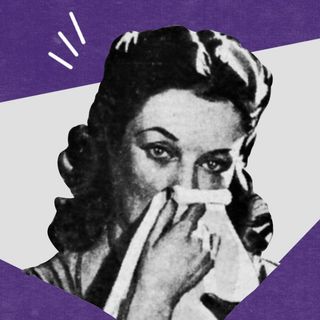The United States Agency for International Development (USAID) has written a letter to António Guterres, the UN Secretary General, urging the UN to remove all references to reproductive health, including abortions, from its Covid19 Global Humanitarian Response Plan.
“The UN should not use this crisis as an opportunity to advance access to abortion as an ‘essential service.’ [The document] does just this, by cynically placing the provision of ‘sexual and reproductive health services’ on the same level of importance as food insecurity, essential health care, malnutrition, shelter, and sanitation. Most egregious is that the [UN] calls for the widespread distribution of abortion-inducing drugs and abortion supplies, and for the promotion of abortion in local country settings,” John Barsa, acting administrator of USAID wrote in the letter.
USAID’s letter is being widely criticized for using the pandemic as an excuse to attack the long-standing sexual and reproductive health rights framework in a bid to further its ‘pro-life’ agenda by using phrases like “defending innocent life.”
Related on The Swaddle:
WHO: Abortion Is an Essential Healthcare Service During Covid19 Pandemic
The letter also alluded to Trump’s speech at the UN General Assembly in September 2019, where he had said that the UN had no business attacking the sovereignty of nations that wish to protect innocent life. “To use the Covid19 pandemic as a justification to pressure governments to change their laws is an affront to the autonomy of each society to determine its own national policies on health care,” Barsa’s letter went on to say.
The WHO estimates that sexual violence against women is expected to increase under lockdown due to disruption of social and protective networks, and being stuck at home with abusive partners — resulting in unwanted pregnancies. At the same time, the pandemic has impacted access to contraception. Time is a crucial element in abortions — not only due to the small window during which a woman can legally get an abortion, but also because of the risks involved in a later-stage abortion. And, with the pandemic already making it difficult for patients to access healthcare for non-Covid19 concerns, women’s access to critical, time-sensitive care is already being threatened.
“The health needs of women and girls do not stop because we are in the middle of an emergency. In fact, they increase,” Michelle Nunn, president and CEO of CARE USA, a global humanitarian organization providing disaster relief to areas in crisis, tweeted.




